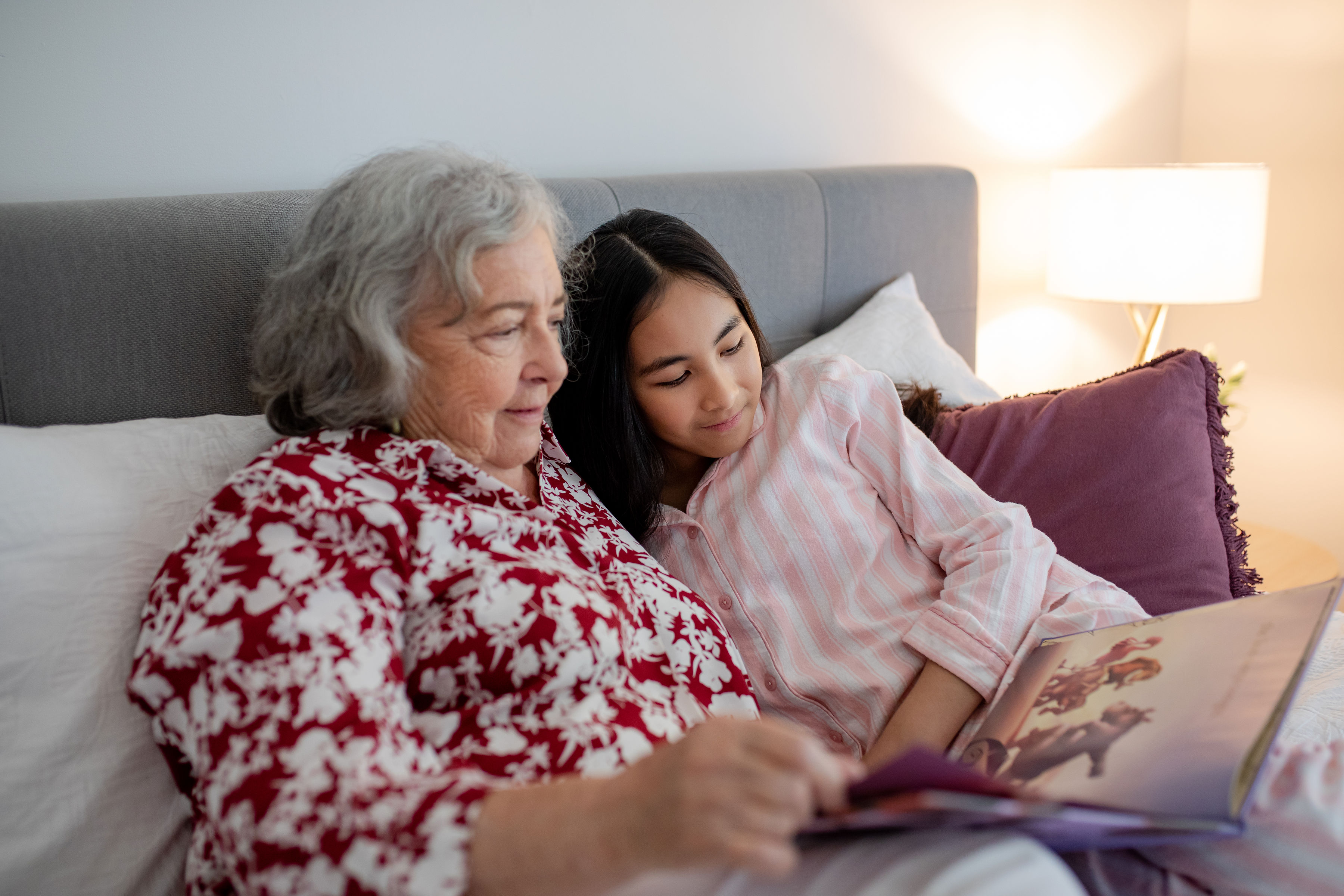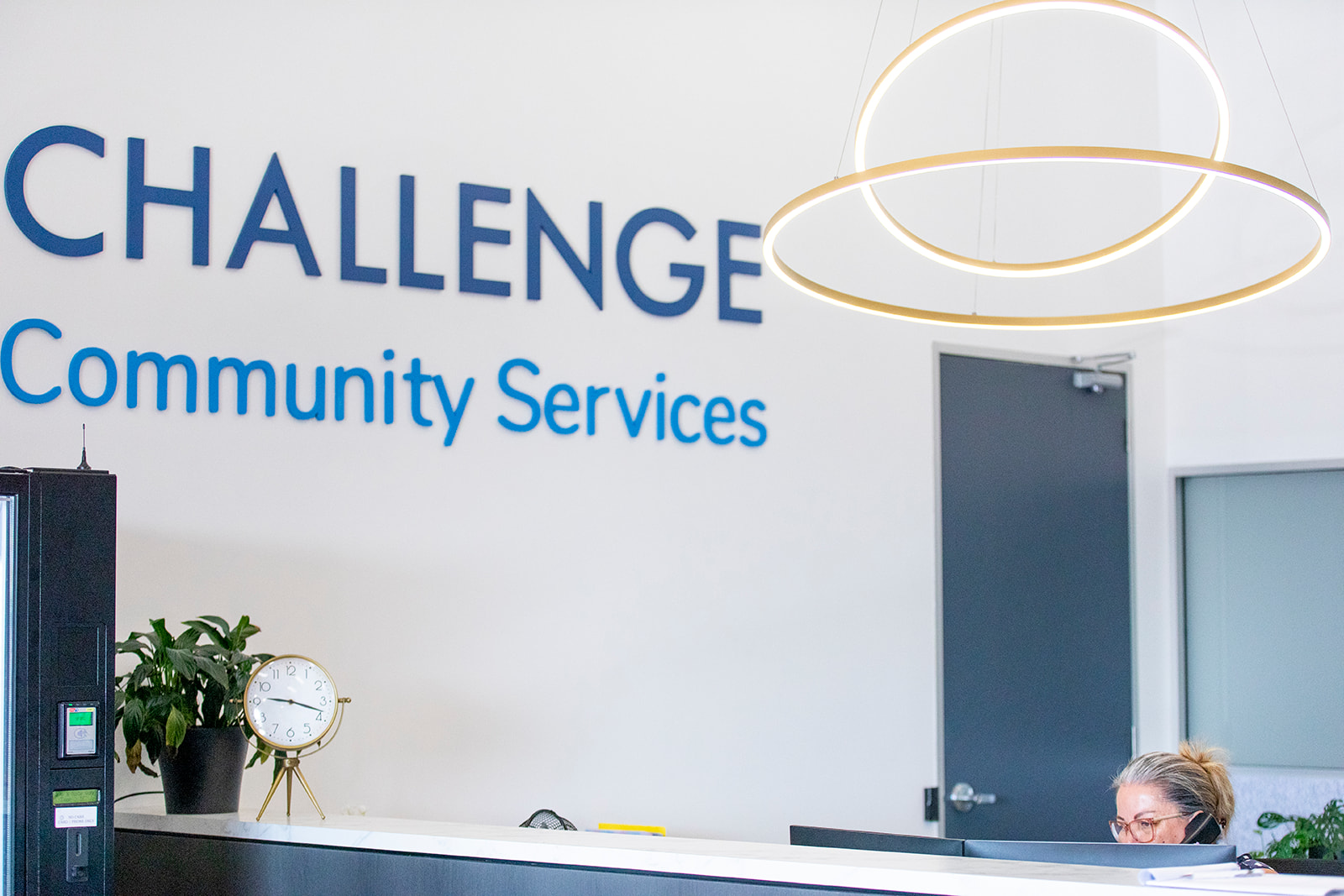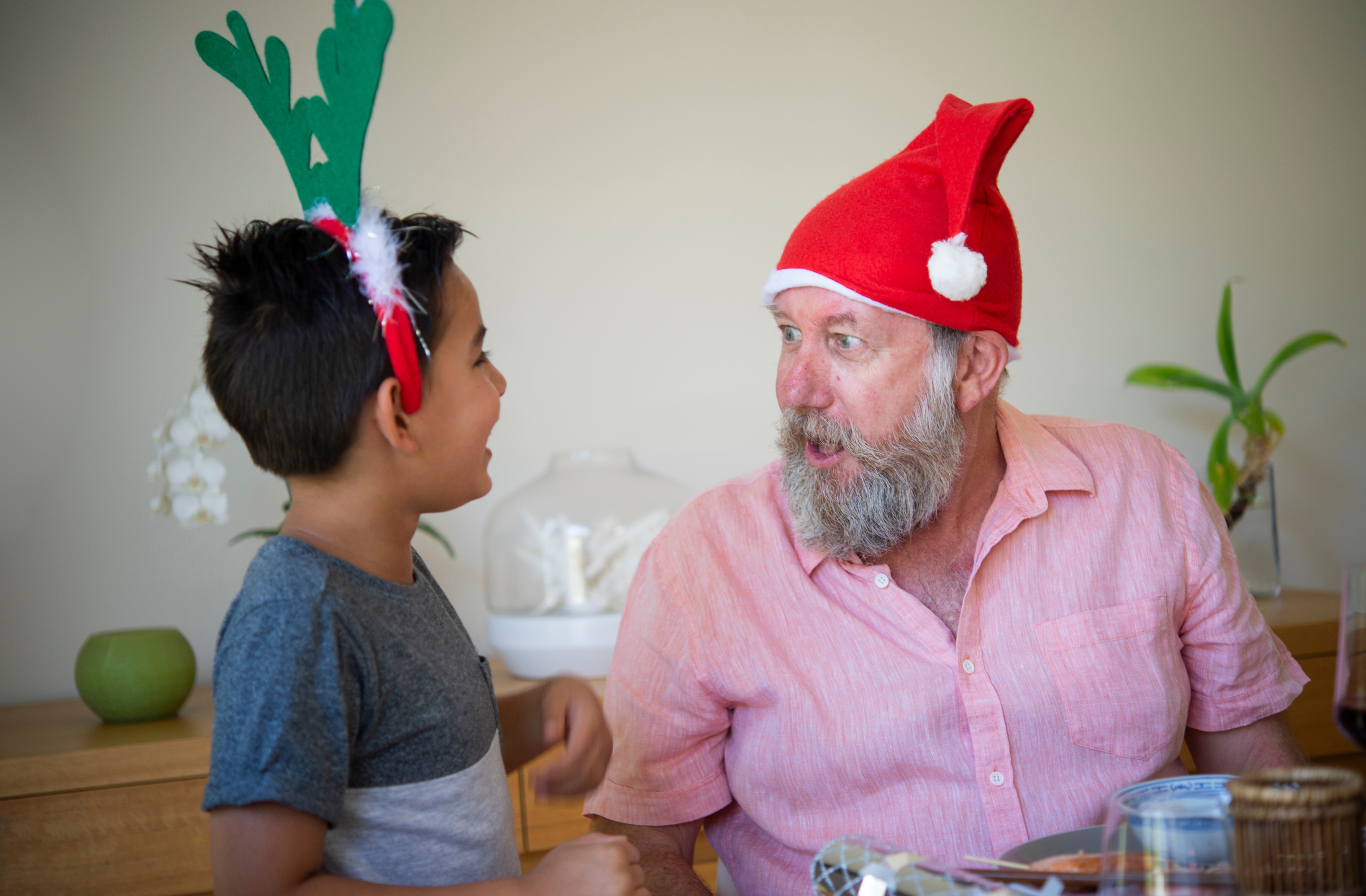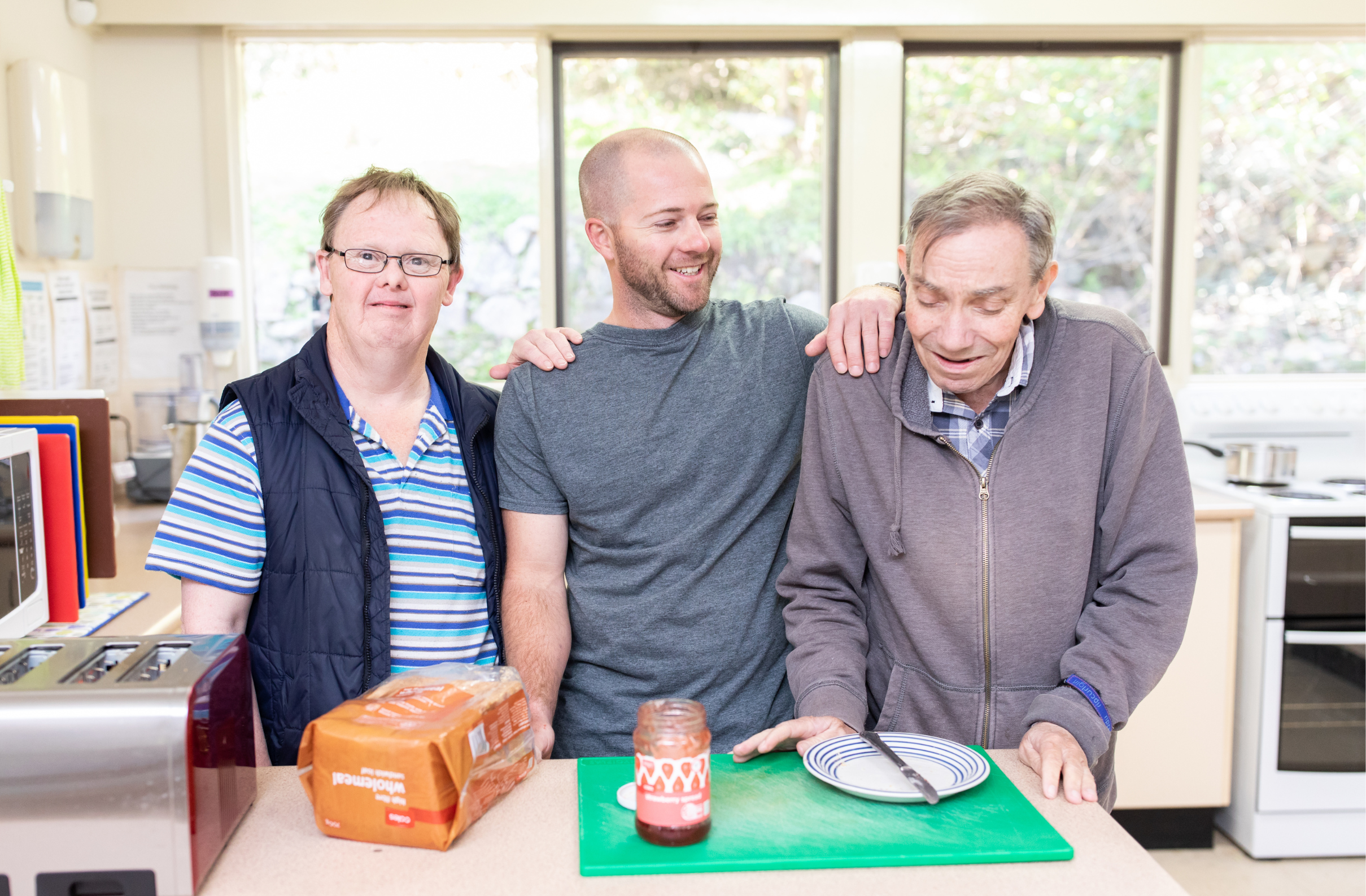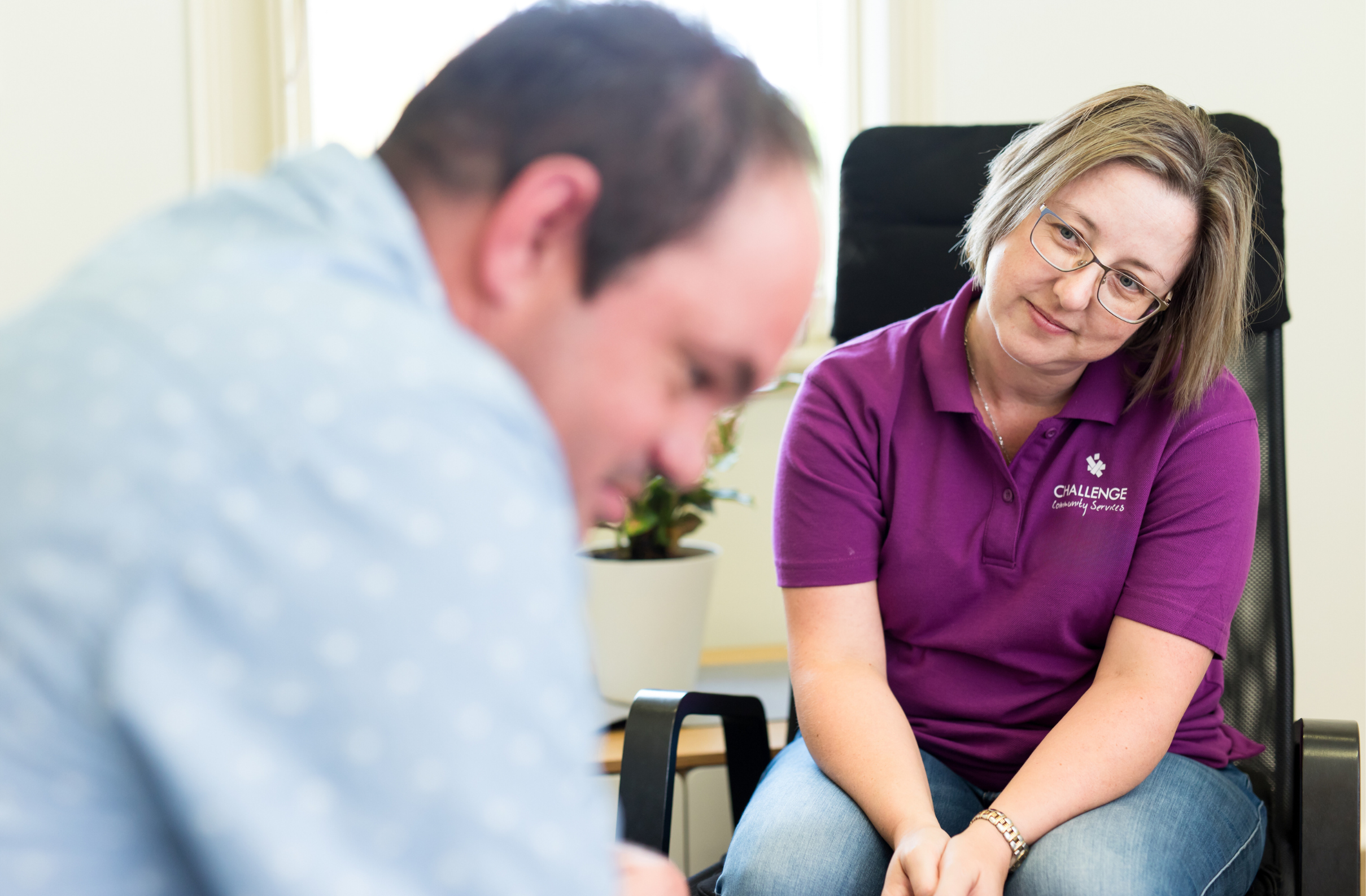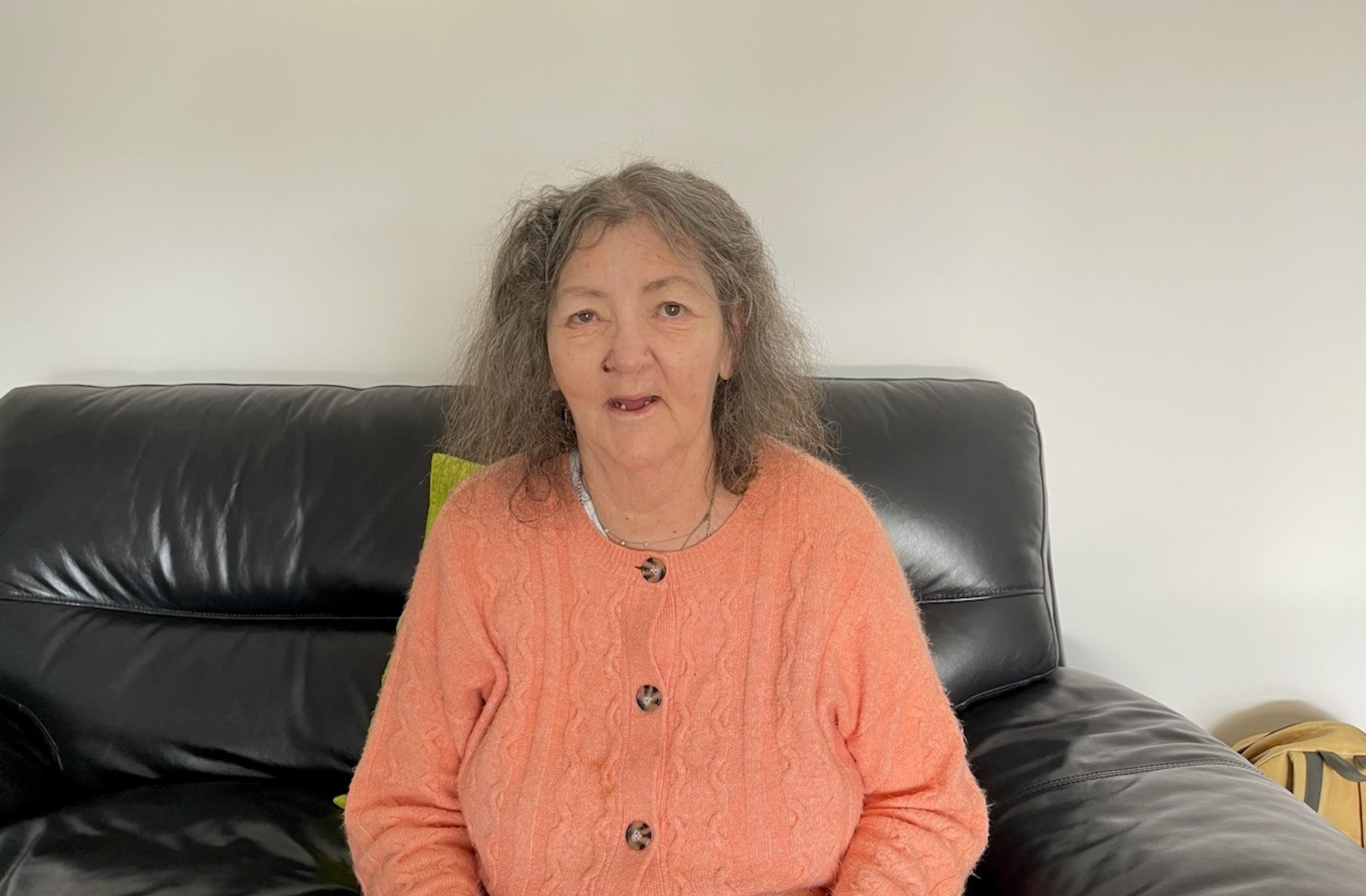Imagine being 10 years old and waking in an unfamiliar motel room. It’s not safe for you to live with your parents right now – you don’t know when you’ll be able to go back home or how long you’ll need to live in the motel. A youth support worker gets you ready for school. She’s nice, but you wish you could live in a caring house like the other kids at school.
There are 20,000 children desperately in need of a safe and secure home in NSW. Yet due to a critical shortage of foster carers, some of these children have no loving foster home to give them sanctuary. Through no fault of their own, these children are living in an uncertain limbo in motel rooms with support workers looking after them.
Seeking mature carers with a lot of love to give
Just as the age of giving birth is increasing, so too is the age of foster carers. In Australia, in 1984 the average age of foster carers was 25–49; by 2003 it was 35–54. If you are in good health, age is not a barrier to becoming a foster carer in NSW. Older carers, including single people and couples (including same-sex couples) are all welcome to apply.
‘A growing number of people over 50 are becoming carers and doing a wonderful job,’ says Christen, Carer Compliance Manager of Challenge Community Services, an agency that provides out-of-home care in regional NSW and Sydney. ‘Whether they are empty nesters or single people who have never had children, each of our carers has their own unique strengths. Most importantly, they are all making a difference to the lives of vulnerable children in our community.’
Benefitting from those with life experience
Facing an uncertain world as a teenager or young adult can be a terrifying experience. ‘People, who have often overcome challenges in their lives and know they are able to survive crises, can make wonderful role models for teenagers and young adults. Mature foster carers are often more confident and financially stable and are a wonderful grounding influence for children whose lives have been marked by chaos and uncertainty.’
Now in their 60s and retired, Glenda and Phil have found caring for a child easier in many ways than raising their family. ‘I haven’t found my age a disadvantage at all,’ says Glenda ‘Because my husband and I are retired and no longer have to answer to an employer, we have the flexibility to be able to respond to Kira’s needs. Without the pressure of work, we are also much calmer and more relaxed which rubs off on Kira. She is an absolute delight and will be a big part of our lives for as long as she needs us.’
Giving children a second chance
Generations such as Baby Boomers and Gen X have so much to offer children and young people. If you are in good health and have lots of love to give, foster care could be one of the best decisions of your life. Older foster carers often say they feel tremendous satisfaction from feeling that they’re still useful to the younger generation.
Foster carers are volunteers and the carer allowance paid to support a child or young person in foster care is not counted as an income by Centrelink or the Australian Taxation Office (ATO). If you are currently receiving a JobSeeker Payment, you may also be eligible to receive an exemption from your mutual obligation requirements.
If you’re worried you can’t give a full-time commitment, there are many ways you can help Australia’s vulnerable children. Even opening your home and heart to a child in need one weekend a month, or temporarily looking after a child in an emergency, can make a huge difference to their mental, emotional and physical wellbeing.
If you would like to make a lasting contribution to Australia’s vulnerable children, the first step is to talk to a foster care agency in your area. What have you got to lose?
Are you ready to take the next step in becoming a foster carer? Call Challenge Community Services today on 1800 084 954 to discuss your options. Or you can set up a meeting with one of our team here.


